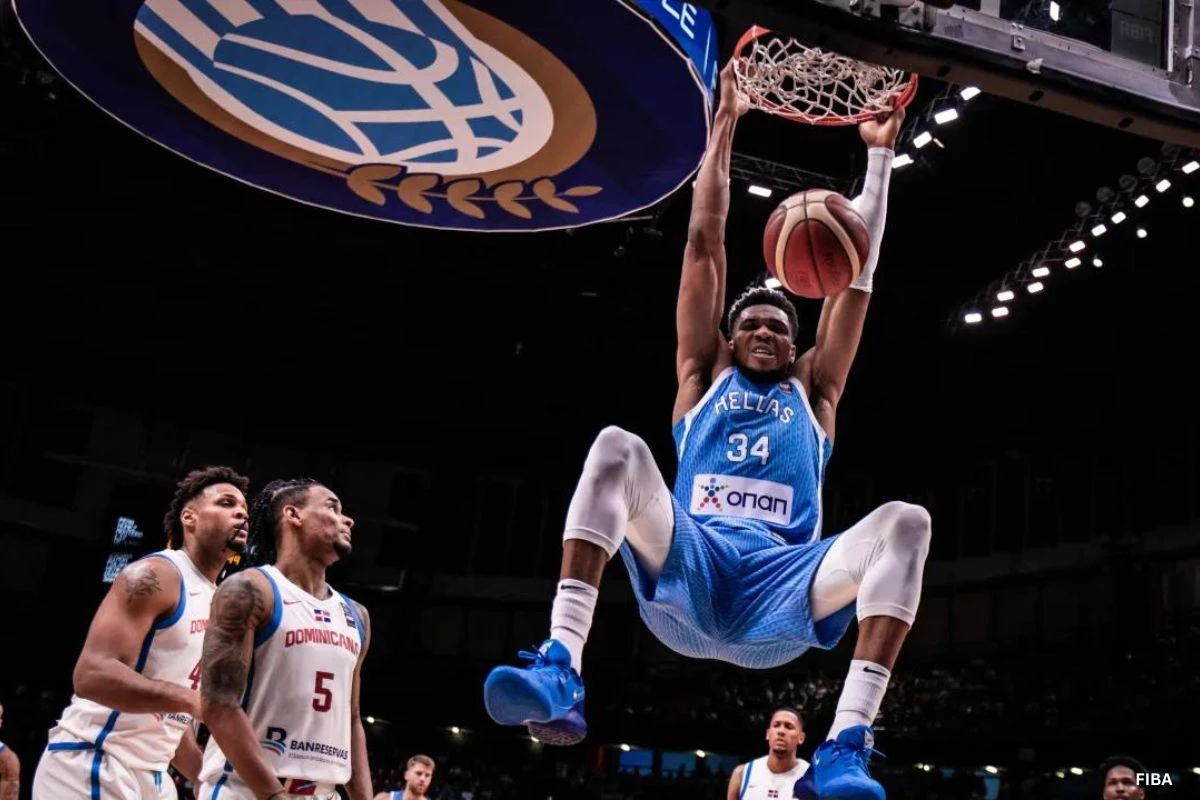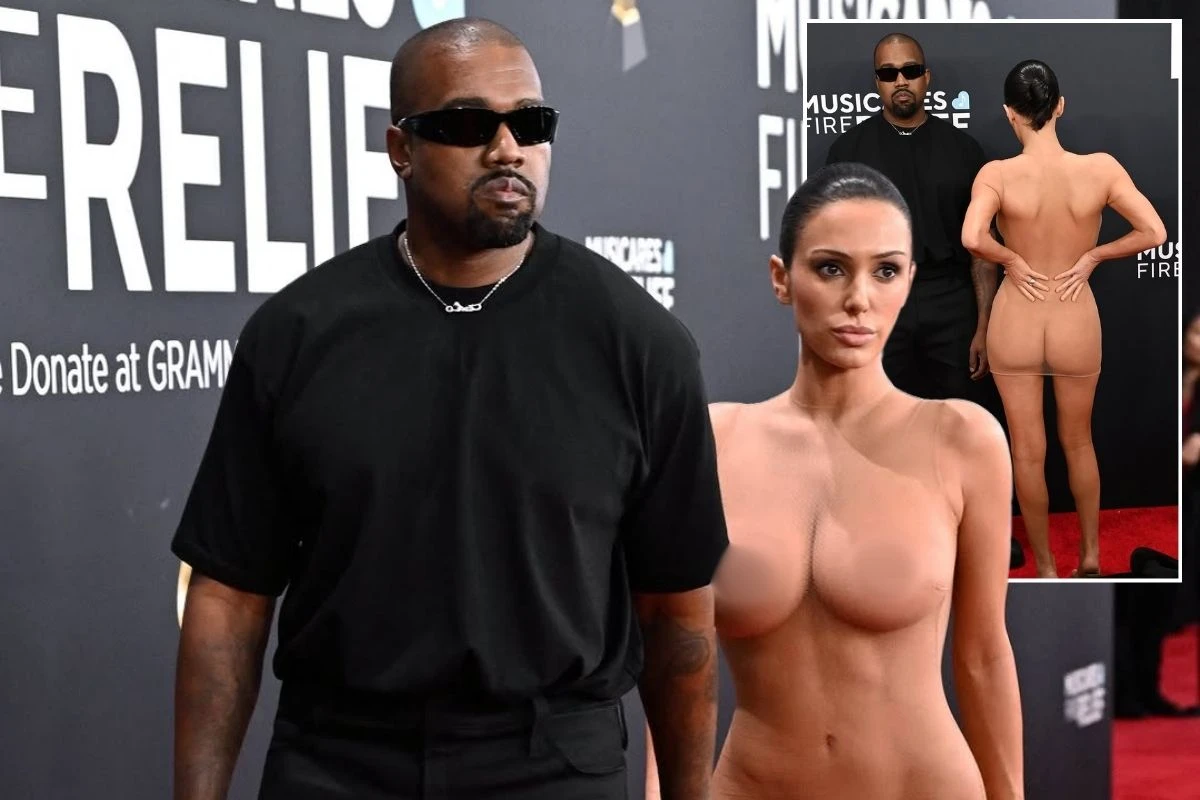Stefanos Tsitsipas is facing criticism from doctors after admitting to using melatonin, as they argue it can be harmful to athletes. Tsitsipas made the revelation following his loss to Carlos Alcaraz at Roland Garros, stating that he had taken melatonin pills in an attempt to sleep before the match. However, he found that they did not have the desired effect, leading him to announce that he would discontinue their use after experiencing sleep-related difficulties during the first two sets.

“One thing that I’m going to try to avoid in the future is to have melatonin pills [sleeping pills] and naps before matches because it clearly doesn’t seem to be working,” Tsitsipas told reporters.
“I had some late-night sessions. Not super late, but late enough for me to kind of have my sleep schedule ruined, in a way. Sleep is a very vital, important thing, and recovery is the most important thing when competing and playing big slams like this.”
“I’ve made the mistake in the past […] and I had the exact same score as I did in those first two sets. “It wasn’t really that much fun out there in the first two sets. I felt completely off, kind of like sleeping in a way,” he continued.
“I just wish it never happens again. It sucks,” added the Greek tennis player.
The Spanish newspaper Marca investigated the matter and found that melatonin does not provide the expected benefits, prompting experts to question who advised Tsitsipas to use the supplement. Tsitsipas explained that his lack of rest during the tournament was due to playing several matches at night.
Medical professionals are raising concerns about Tsitsipas’ use of melatonin, highlighting the uncertain effects of the supplement on athletic performance and recovery. Misuse or improper dosing of melatonin can lead to adverse effects, potentially impacting an athlete’s physical and mental state during competitions.
According to Doctor Elena Urrestarazu, specialist in the Sleep Unit of the Clínica Universidad de Navarra: “Melatonin is the hormone that tells the brain what time to sleep and when to get up. You wake up when there is no melatonin in your body. The pill should have been taken the night before to get a good night’s sleep, not hours before the game, not in the morning or in the afternoon. The important thing is to sleep the night before. If not, the body goes into ‘sleep mode’, during the day the body thinks it’s night, you’re heavy, sleepy, half-collapsed and not performing well.”
Celia García Malo, a neurologist also added: “Melatonin is a neurohormone that makes our brain and produces sleep. It is completely harmful to the sport. I don’t know who could introduce her to Tsitsipas. And if taken, always at night, never during the day. Does not make sense. It really helps with jet lag, for example if an athlete is traveling to Australia.”
This incident has sparked a broader discussion among experts about the risks and appropriate use of supplements in professional sports, particularly when athletes seek solutions for sleep-related issues or performance enhancement.










